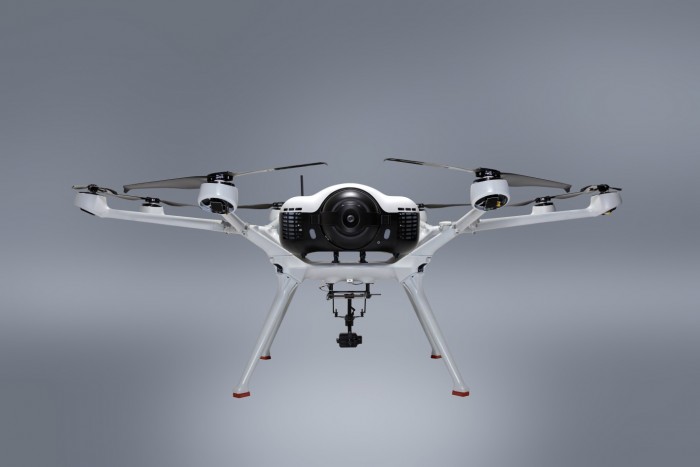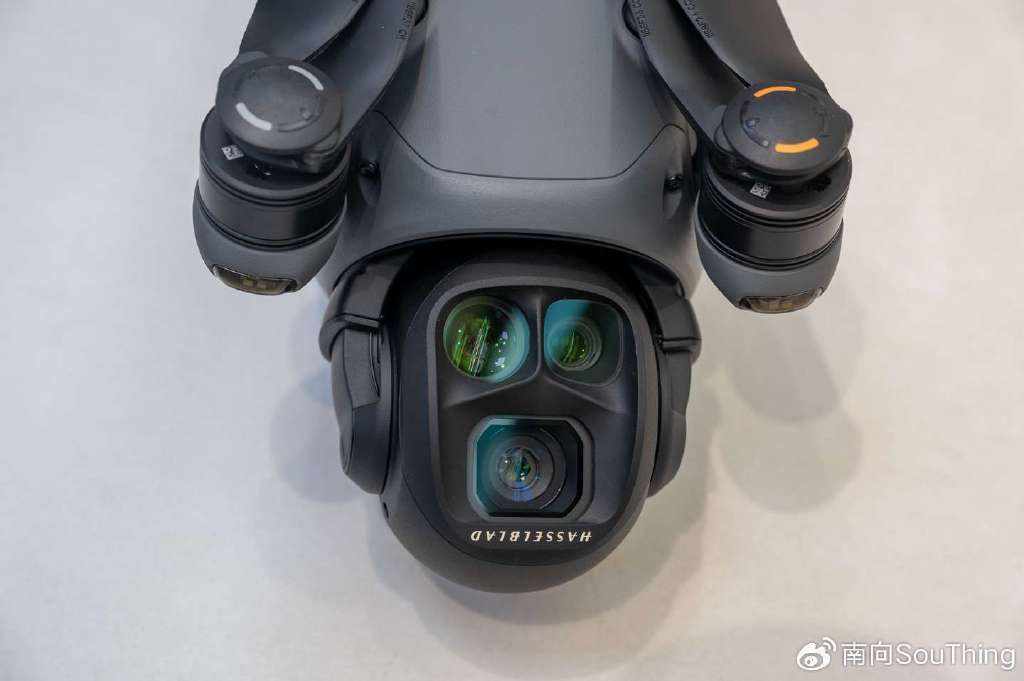Understanding FPV Drone Technology

FPV drones, or First Person View drones, have revolutionized the way enthusiasts and professionals experience aerial maneuvers. Utilizing a forward-facing camera, these drones send real-time video footage to a monitor or headset worn by the pilot, simulating the sensation of riding within the cockpit.
The Mechanics of FPV
FPV technology primarily relies on the configuration of a camera, transmitter, and receiver. The camera mounted on the drone captures live video, which is transmitted through a radio frequency to the pilot’s headset. This setup allows the pilot to view the landscape as if they are aboard the drone itself.
Components Essential for FPV Flight
- Camera – Provides the live footage.
- Transmitter – Sends video signal.
- Receiver and Monitor/Headset – Displays the video for the pilot.
Advantages of Using FPV Drones
FPV drones offer unparalleled advantages in various fields such as aerial photography, racing, and inspection tasks. The pilot’s capability to view real-time video helps with precise navigation and control, enabling more intricate maneuvers.
FPV Drone Applications
FPV drones are widely used in drone racing, offering a thrilling sport experience due to the high-speed and precise control required. They’re also employed for practical purposes such as real estate aerial photography, allowing photographs to be captured from unique angles.
Safety and Regulations
Flying FPV drones requires understanding of local regulations to ensure safety. It’s crucial for pilots to adhere to line-of-sight rules and obtain necessary permits when flying in certain areas.
Choosing the Right FPV Drone
With the market flooded with options, selecting the right FPV drone relies on evaluating factors such as flight range, camera quality, and battery life. Beginners might opt for ready-to-fly models, while professional racers prefer custom-built drones.
Frequently Asked Questions
- What type of battery do FPV drones use?
Most FPV drones utilize lithium polymer (LiPo) batteries due to their high discharge rates and lightweight properties. - Can FPV drones be flown indoors?
Yes, but it requires careful maneuvering and typically smaller drones that can handle confined spaces. - Are FPV drones suitable for beginners?
While they offer a steep learning curve, many models are designed specifically for novices, offering ease of control and pre-set safety features.
